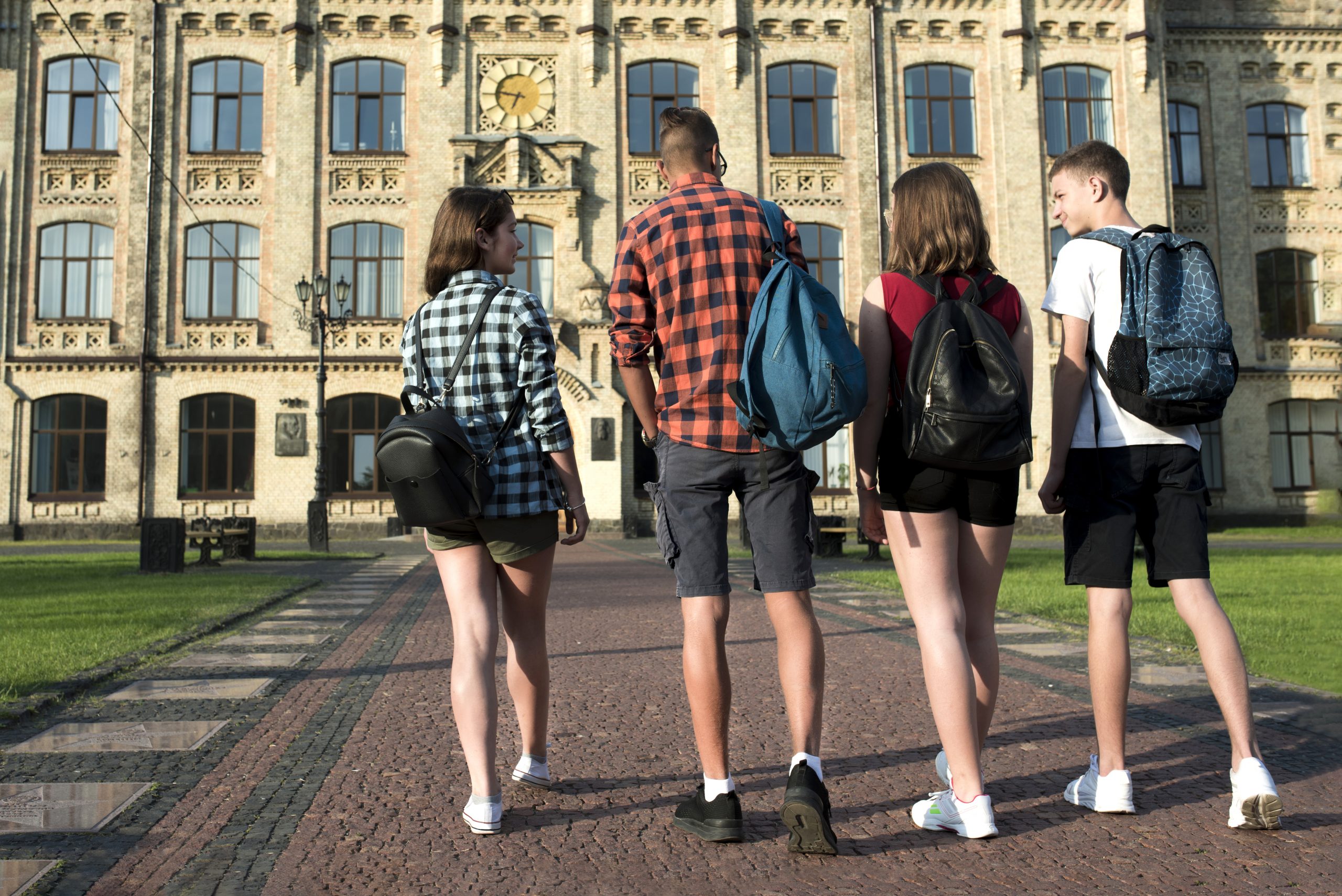
President Donald Trump calls on universities to continue reopening their schools on Wednesday despite coronavirus outbreaks among young people.
“We have learned one thing, there’s nothing like campus there’s nothing like being with a teacher as opposed to being on a computer board,” Trump said during a White House press briefing. “The iPads are wonderful but you’re not going to learn the same way as being there.”
Trump’s statements come as some campuses have recorded hundreds of new coronavirus cases as students go back to school in the fall.
“For older people and individuals with underlying conditions, the China virus is very dangerous,” Trump said. “But for university students the likelihood of severe illness is less than or equal to the risk of a seasonal flu.”
Universities that are reopening have presented careful strategies to ensure the safety of students and staff, but they are reevaluating their plans when several outbreaks have been reported after students went back to school. The University of North Carolina at Chapel Hill announced on Monday that they are halting in-person classes for the fall, only a week after they started due to a surge in infections. Remote instruction will start on Wednesday.
According to the University of Notre Dame on Tuesday, it will temporarily stop in-person classes for at least two weeks, after an increase in cases that officials associated with off-campus parties. Michigan State University also said it will carry out an online-only fall for students before they return to the campus.
“Instead of saving lives the decision to close universities could cost lives. It is significantly safer for students to live with other young people than to go home and spread the virus to older Americans,” Trump said.
Young people
The World Health Organization (WHO) warned that young people now cause the spread of the coronavirus, particularly those in their 20s, 30s and 40s.
These people do not know they are infected with the virus. Most of them either never developed symptoms or manifested mild symptoms, according to Dr. Takeshi Kasai, WHO’s regional director for the Western Pacific.
“This increases the risk of spillovers to the most vulnerable: the elderly, the sick, people in long-term care, people who live in densely-populated urban areas and under-served rural areas,” he said.
Moreover, Kasai pointed out that global leaders and the public must “redouble efforts” to curb the spread of the virus into vulnerable communities. “We are encouraged to see many countries in the region already adopting new tactics that help minimize the social and economic consequences of Covid-19 and show how we can cope with it for the foreseeable future,” he stressed.
Scientists are still studying why Covid-19 becomes a severe illness in some people but not others, like some young people.
Data compiled by Johns Hopkins University showed that the coronavirus has infected about 22 million people across the world and killed at least 774,600 as of Tuesday. WHO’s latest analysis that was published this month showed that the share of people between ages 15 and 24 rose to 15% from 4.5%.
State health officials in the US say that more younger people are not observing social distancing measures and getting infected with the virus at a higher rate. Vice President Mike Pence reported in June that about half of the new cases in the US at the time were individuals under the age of 35, particularly in Texas and Florida.






